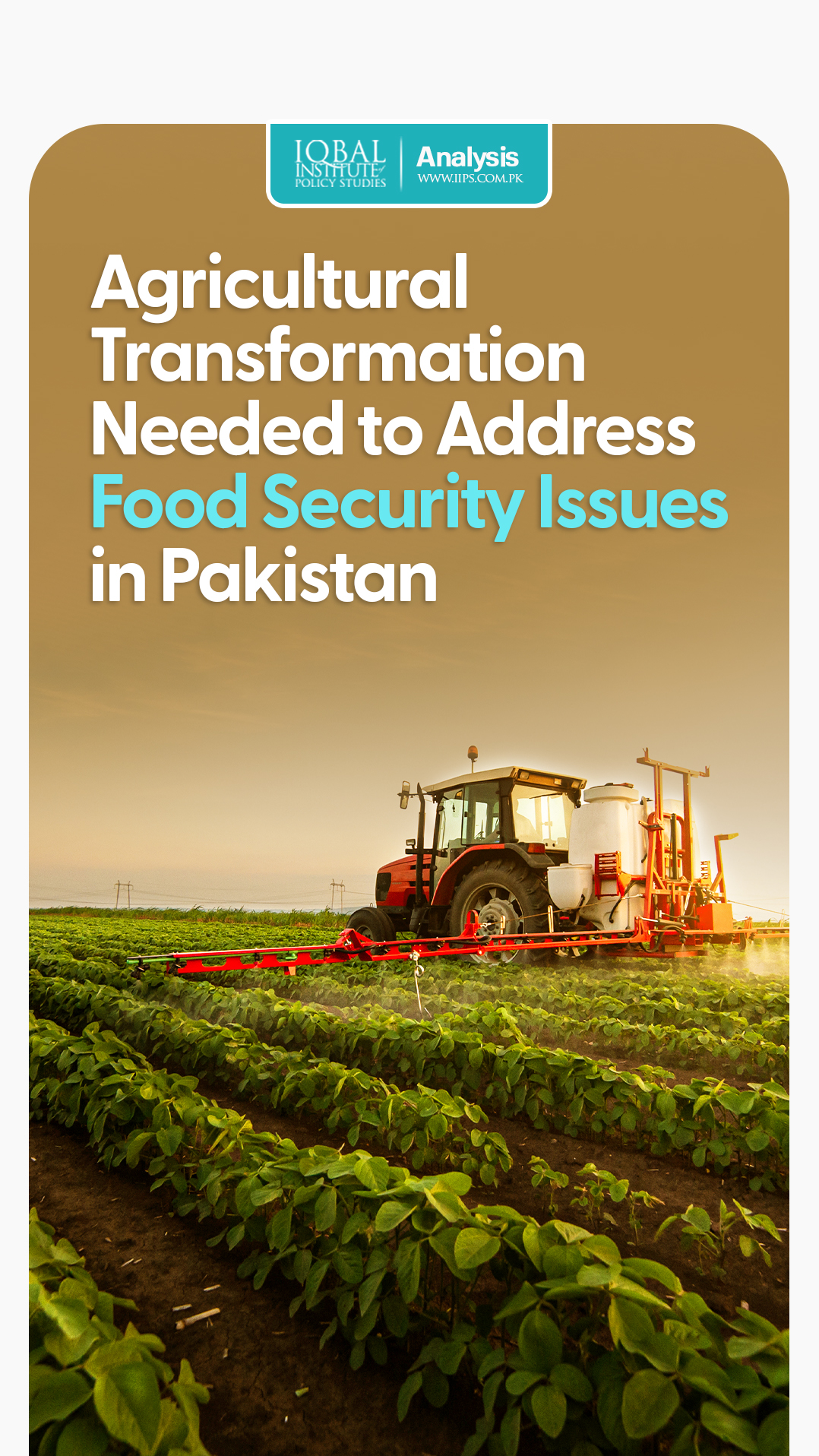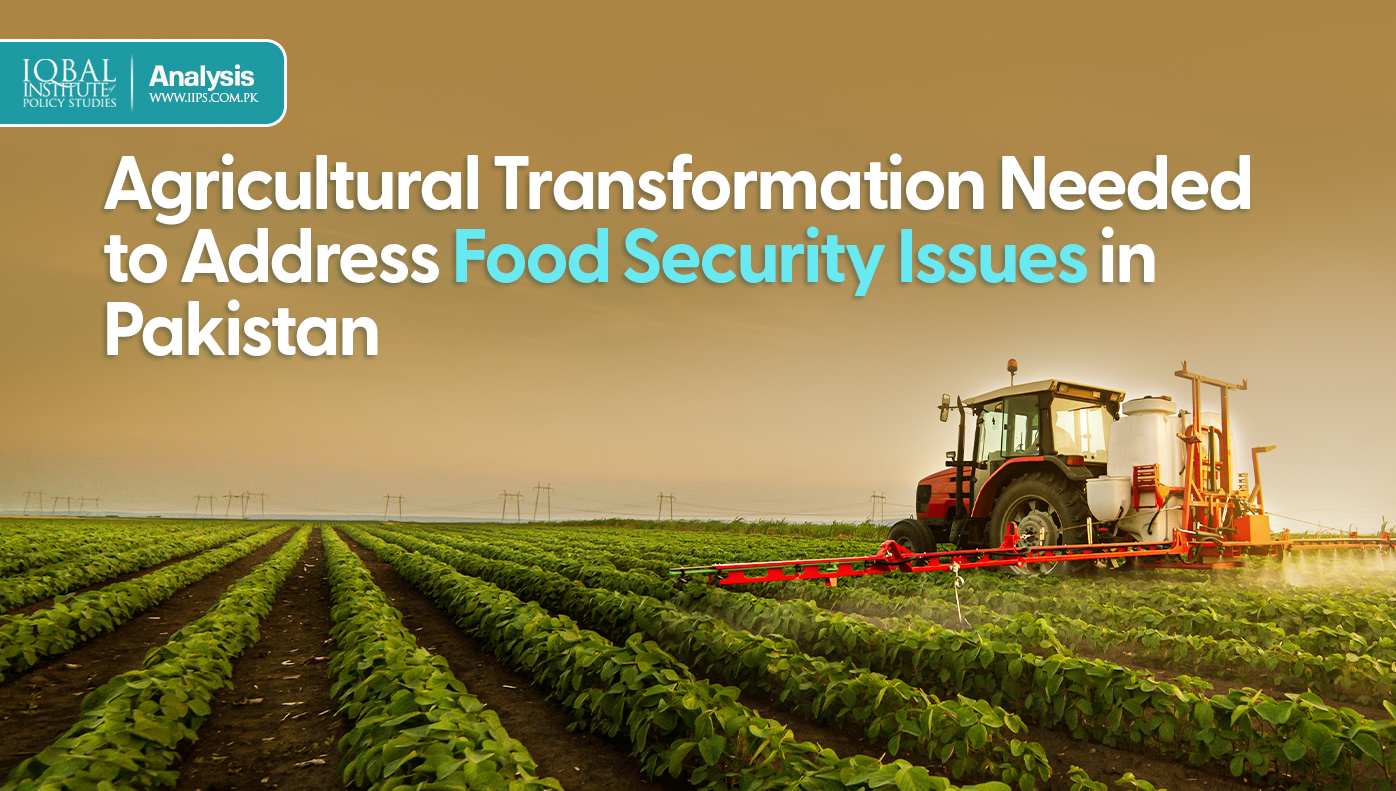The agriculture sector contributes 18.9 per cent to the country’s GDP and absorbs almost 42.3 per cent of the entire labor force. Despite this massive contribution, the sector observes relatively low growth due to climate change and outdated development policies. The agricultural industry is indispensable to the country’s economic growth, food security, employment generation, and poverty alleviation. More than 65-70 per cent of the rural population depends on agriculture for its livelihood.
However, the low performance of the sector directly affects food production in the country. According to a Pakistan Bureau of Statistics report, 16% of the country’s population faces moderate or severe food security, which means three out of five households are experiencing food insecurity. According to the International Food Security Assessment by the US Department of Agriculture, in the coming decade, from 2021-to 31, a total of 38 % of the population of Pakistan is going to be food insecure.
However, transforming the agriculture sector into a modern, climate-proof, and inclusive sector can address the food security issue in Pakistan. The government should focus more to integrate technology, infrastructure investments, innovation, and regulatory reforms in the concerned sector to ensure food security and continued economic development. The central authorities should focus more on investing in research and development, encouraging innovation, and pursuing market-oriented development. Also, the government must protect the rights of farmworkers, including migrants and women, to ensure everyone benefits from the sector’s transformation.



Leave a Reply